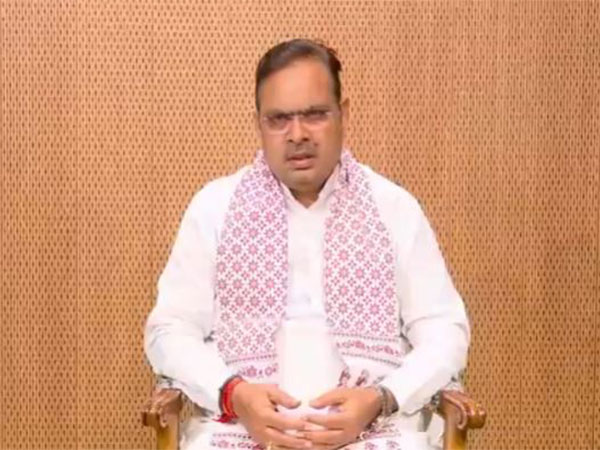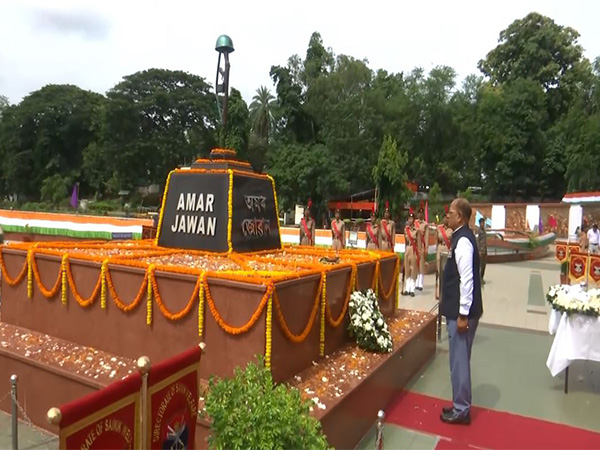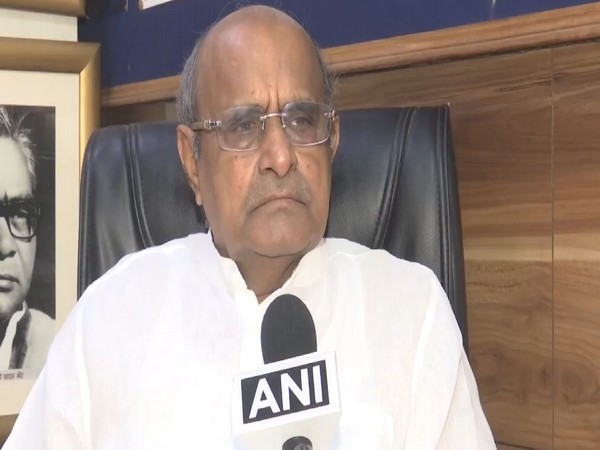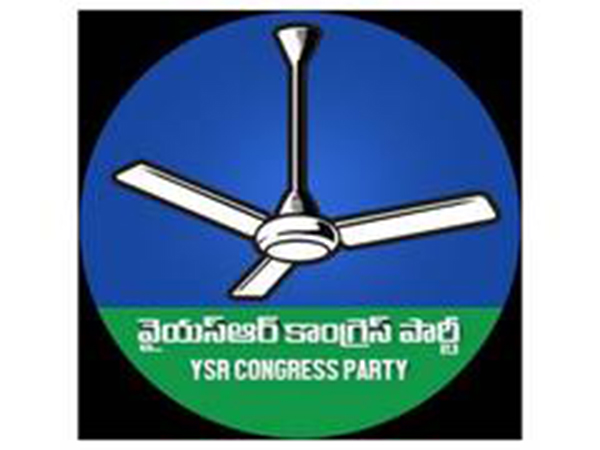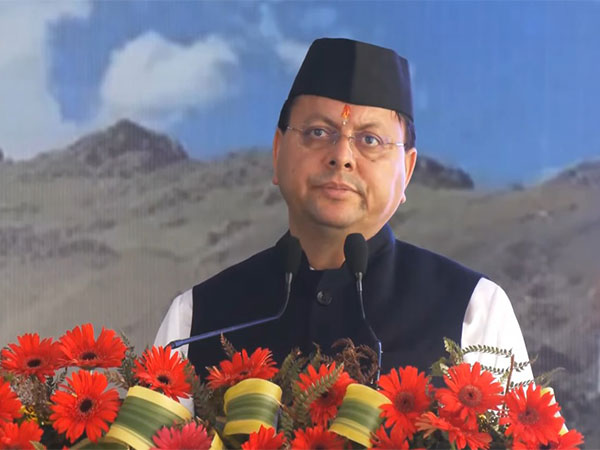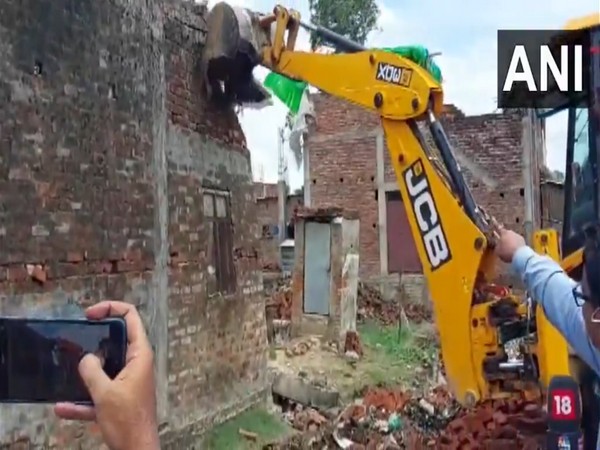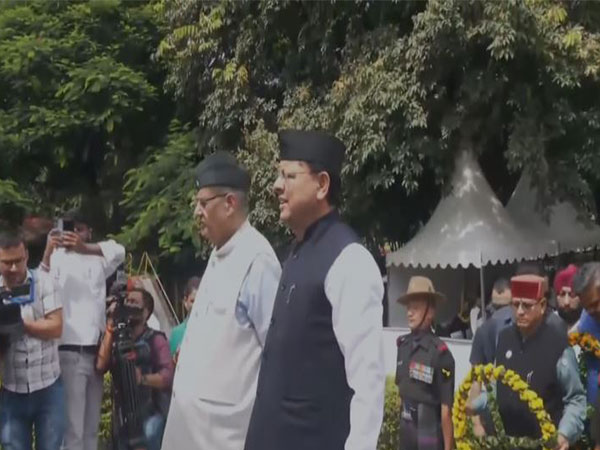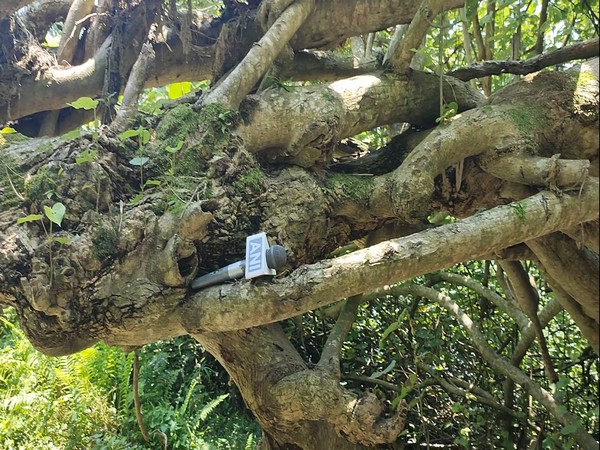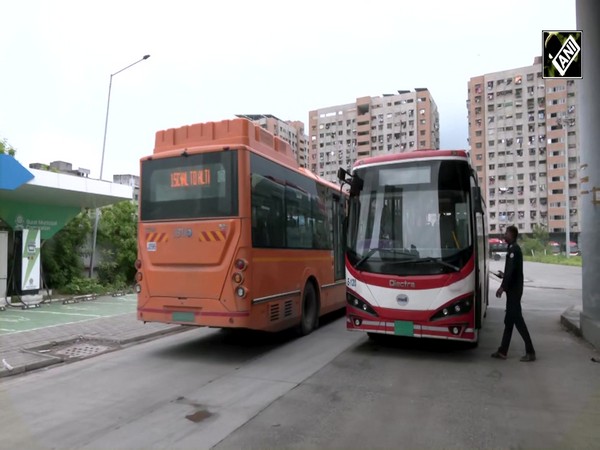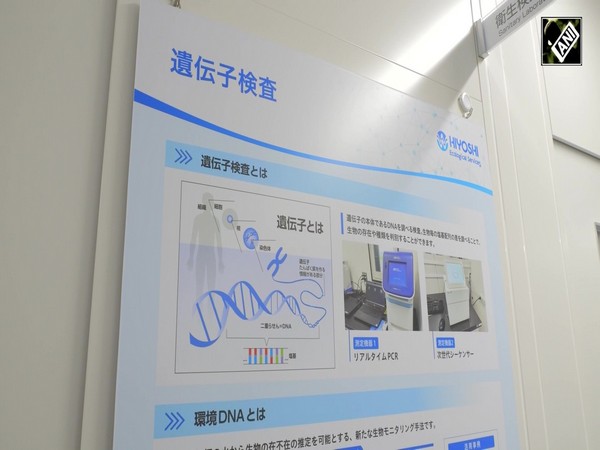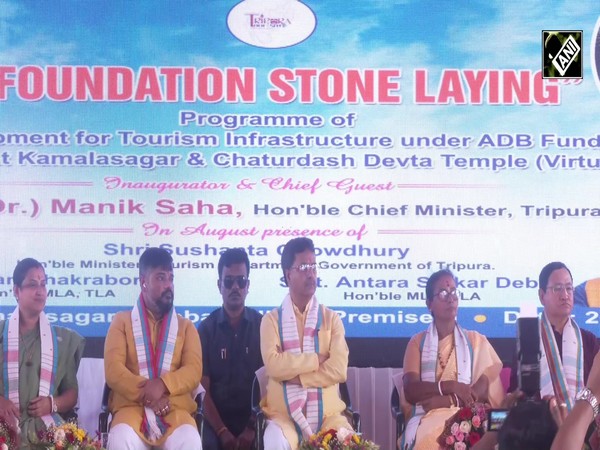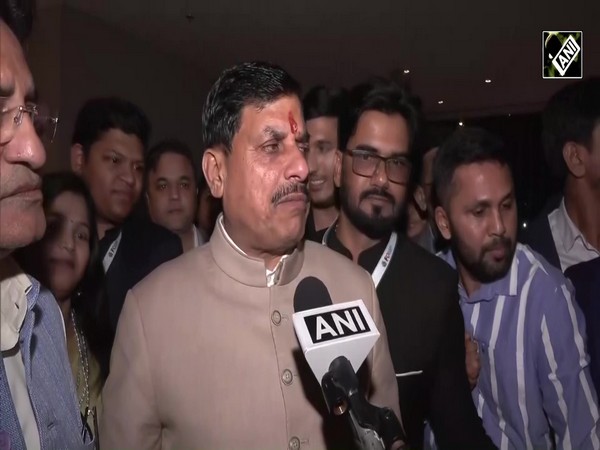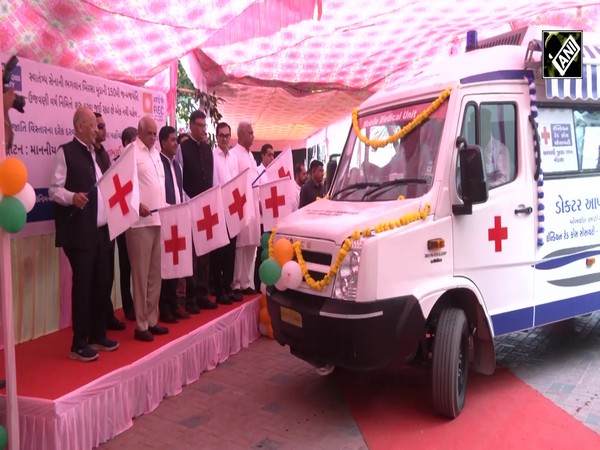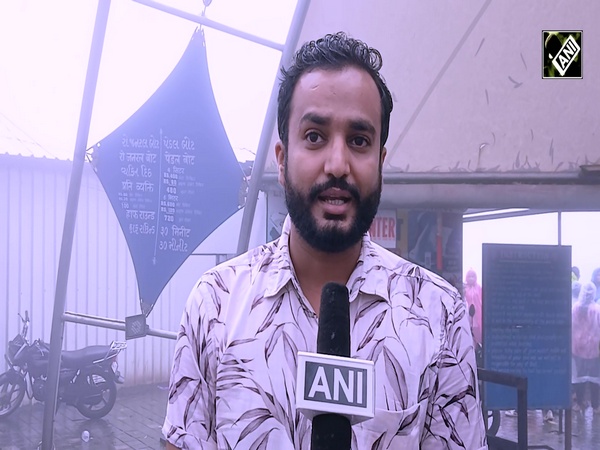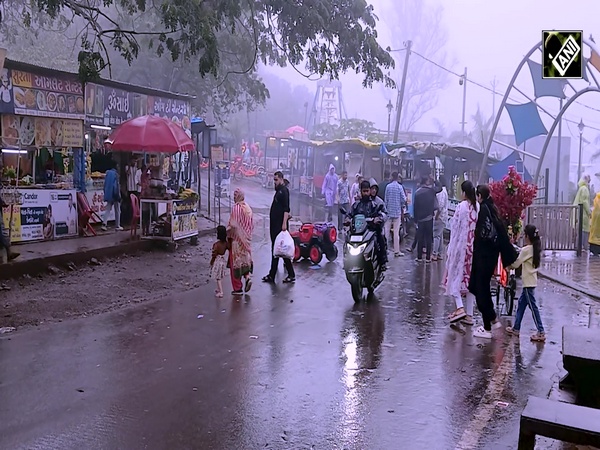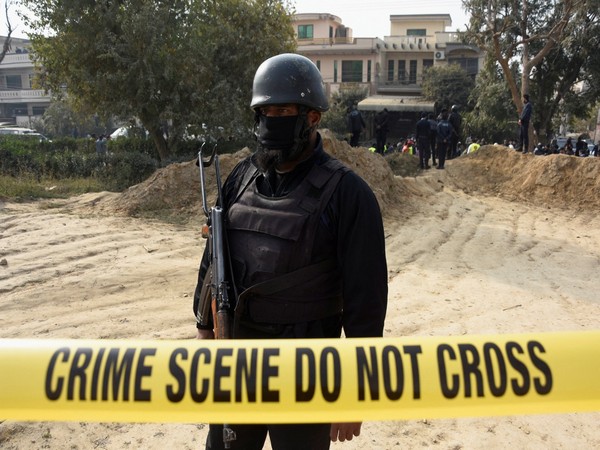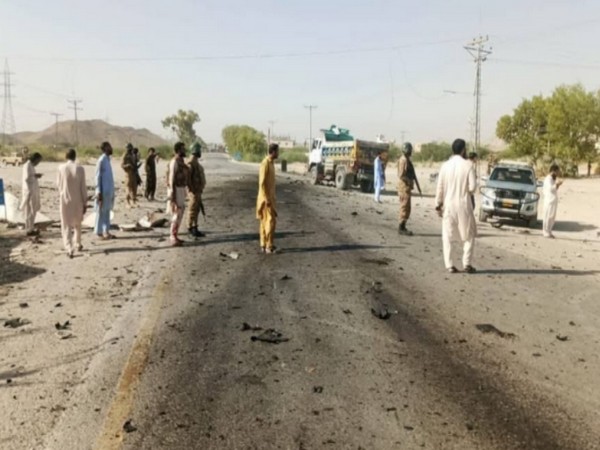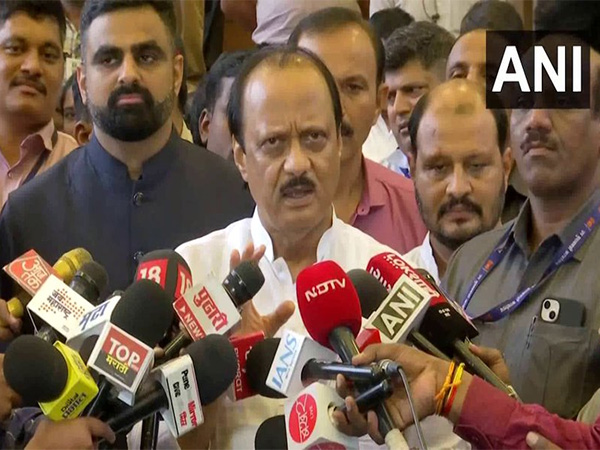
Ajit Pawar announces 75-km new railway network to ease Pune traffic, boost industrial connectivity
Jul 25, 2025
Pune (Maharashtra) [India], July 25 : In a significant infrastructure push aimed at reducing traffic congestion and improving industrial connectivity in Pune and surrounding regions, Maharashtra Deputy Chief Minister Ajit Pawar on Friday unveiled a comprehensive new railway project spanning approximately 75 km.
Speaking on the proposed developments, Pawar stated that the new railway line will run across multiple high-traffic zones and emerging industrial corridors.
"As per the new proposed railway project, a line will be constructed from Talegaon to Chakan, then Chakan to Wagholi, followed by Wagholi to Uruli, and from Uruli to Solapur-Pune Road," he said.
Additionally, another line is proposed to link Miraj Road with the existing Miraj railway line, enhancing regional connectivity in western Maharashtra.
Total length of the project will be 75 km and and instructions for land acquisition has already been issued to the Collector's office
Ajit Pawar emphasised that the new rail corridors will help decongest major roads in Pune, a city long plagued by traffic bottlenecks due to rapid urban growth and expanding suburbs.
A separate proposed line branching from Wagholi will pass through Vadhu Budruk, Shikrapur, Koregaon Bhima, Ranjangaon, Pimpalner and ending at Ahilyanagar.
This stretch will feature eight stations and directly serve key industrial hubs such as Ranjangaon MIDC, Tupewadi, Chas, and parts of the Ahmednagar district.
"These railway routes will provide a much-needed public transport alternative for thousands of daily commuters and workers in the industrial belts," Pawar said, adding that the railway network will not only ease pressure on roads but also support regional economic development.
Meanwhile in a post on X Ajit Pawar said, "Detailed information regarding the ITIs at Morwadi and Kasarwadi, operated by the Pimpri Chinchwad Municipal Corporation, was obtained from the Municipal Commissioner, and discussions were held about the latest changes in the ITI sector, as well as future proposed courses and skill training opportunities. Alongside this, suggestions were made to enhance training by incorporating artificial intelligence-based projects to make it more modern and quality-oriented, and a review was conducted of all construction work and various initiatives related to the education department."

